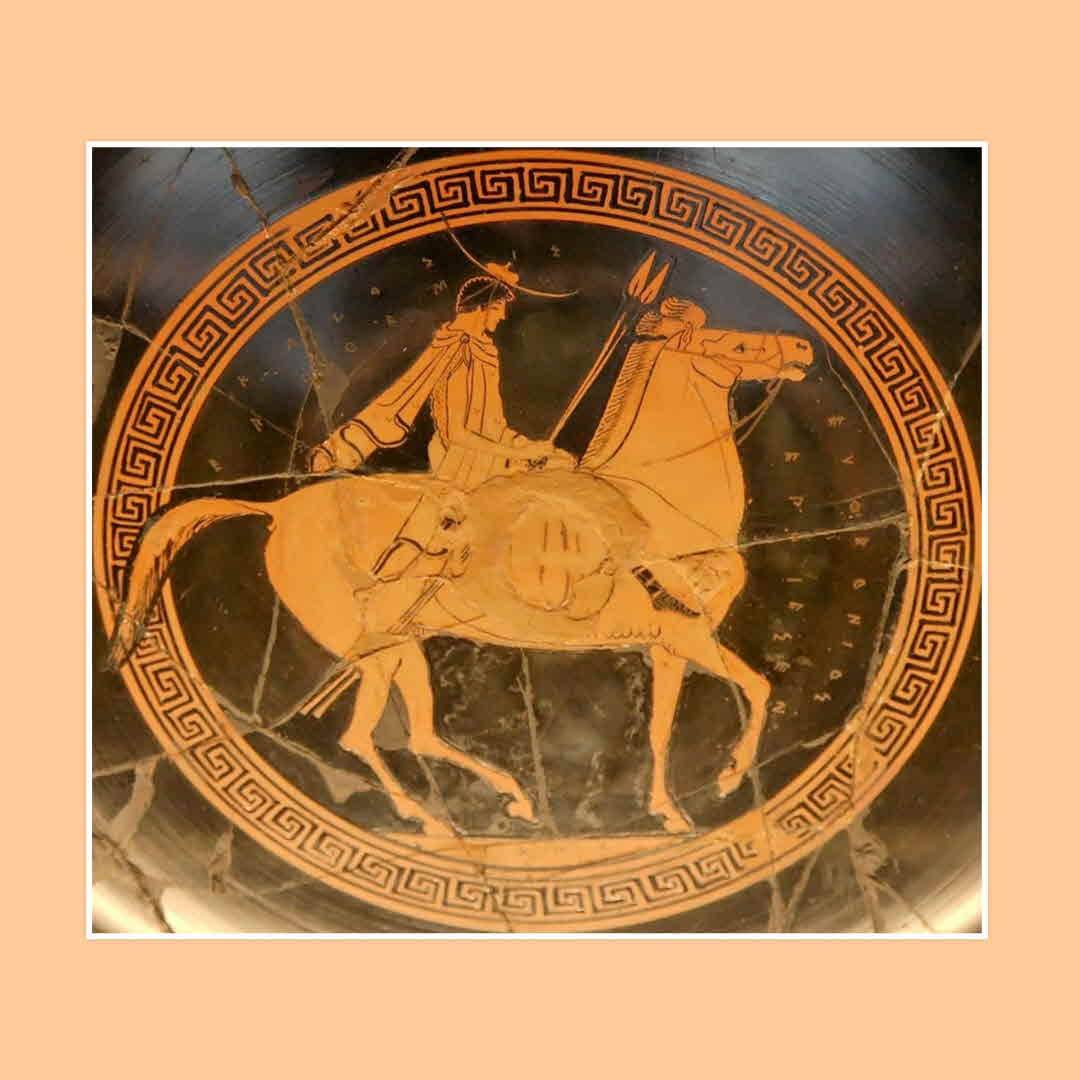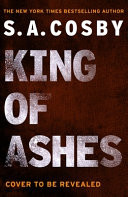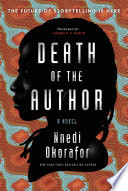
Going from the tragedies to the comedies is always such a trip. This is an utterly irreverent & impudent play that, as a satire of political life, mocks the pro-war Cleon through the allegorical character Paphlagonian. Paphlagonian is humiliated by a random sausage-seller who outwits him at every turn. This also gives us plenty of "sausage" jokes, if you catch my drift. I won't lie, I laughed—like the child I am—at stuff like "King Happy-arse".
batsy I read the translation by Alan Sommerstein. 3y
MemoirsForMe Another great review! 😆🙌🏻 3y
batsy @UwannaPublishme Thank you 😁 3y
Amiable I would also snicker at the sausage jokes. Because my sense of humor is basically a 13-year-old boy trapped inside a middle-aged woman. 😀 3y
batsy @Amiable LOL, that sums me up too 😂 3y



















